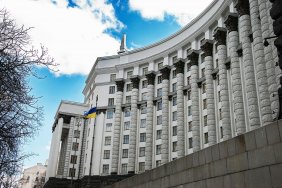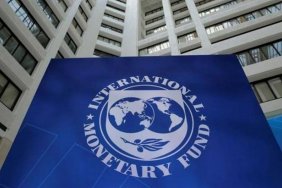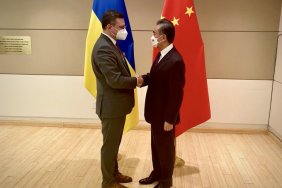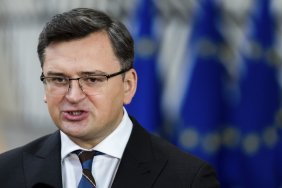Ukrainian Foreign Minister Dmytro Kuleba held a telephone conversation with the head of European Union diplomacy, Josep Borrel, on Thursday, in which the diplomats discussed the situation around Ukraine.
This was reported by "European Pravda".
"Held a telephone conversation with the head of EU diplomacy Josep Borrel. The main topic is the security situation. We both agreed on the key principle: decisions on the security of Ukraine can only be made with the participation of Ukraine, and decisions on the security of Europe as a whole - with the participation of the EU," Kuleba said on his Twitter.
Russia's armed build-up has created new threats and fears of invasion, Josep Borrel said, the EU foreign policy service said in a statement.
"The high representative reiterated the European Union's firm and constant support for Ukraine's sovereignty, independence and territorial integrity. He stressed that any further military aggression against Ukraine would have large-scale consequences and would come at a serious price. He noted the need for de-escalation on the part of Russia and full implementation of the Minsk agreements," the service said.
The EU is working closely with transatlantic and other like-minded partners, including on the two draft treaties presented by Russia.
"Any real discussion on security in Europe must build on and reinforce commitments within the OSCE and the UN - the real pillars of the European security architecture - and not lead to their erosion. The EU remains committed to the right of each country to make its sovereign choice in foreign and security policy," the statement said.
On December 17, the Foreign Ministry published "draft agreements" that Moscow wants to sign with the North Atlantic Alliance and the US on the actual distribution of spheres of influence in Europe.
In one of the clauses, Russia suggests that NATO countries undertake commitments that exclude further expansion of NATO, including the accession of Ukraine and other states.






